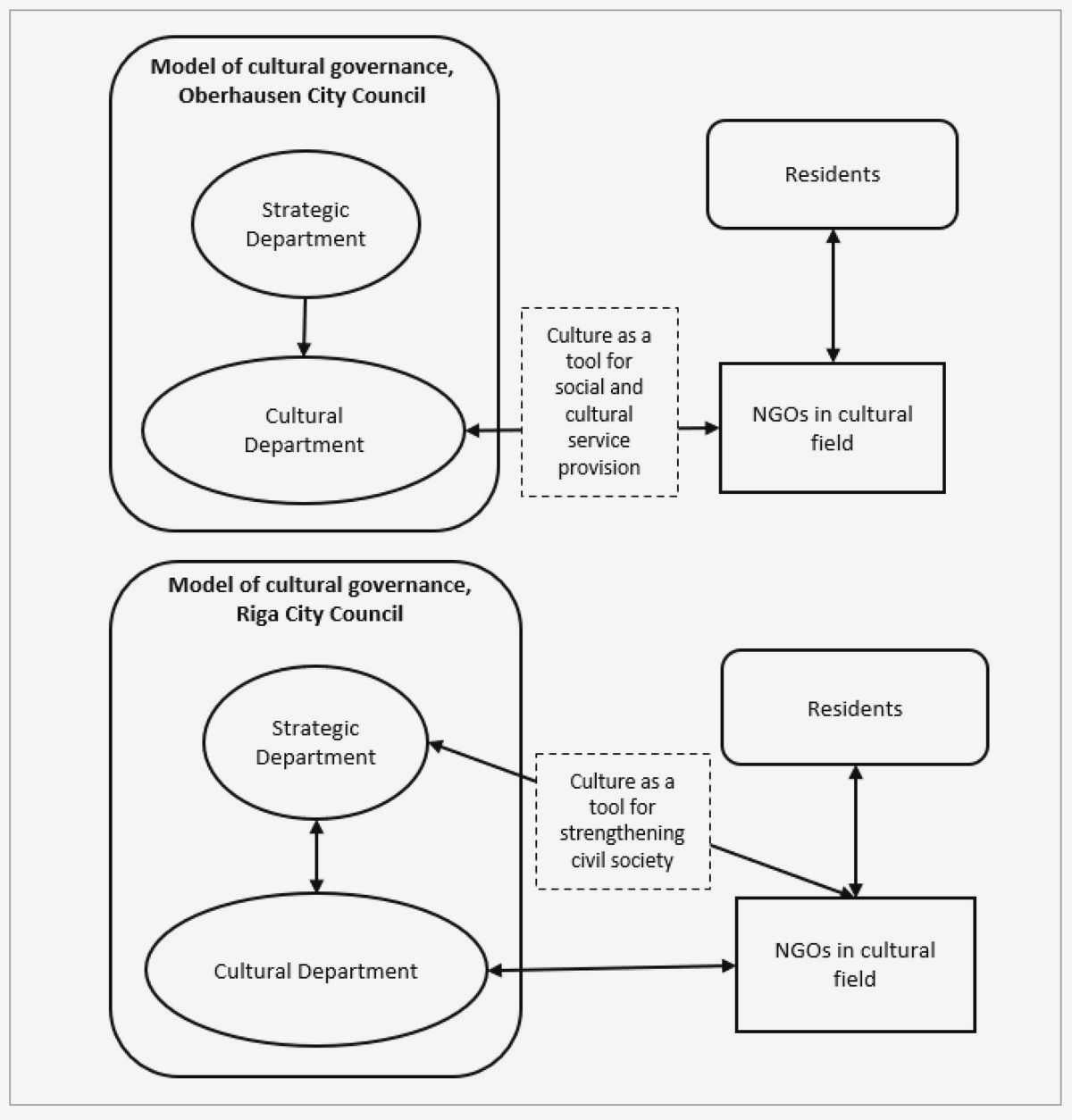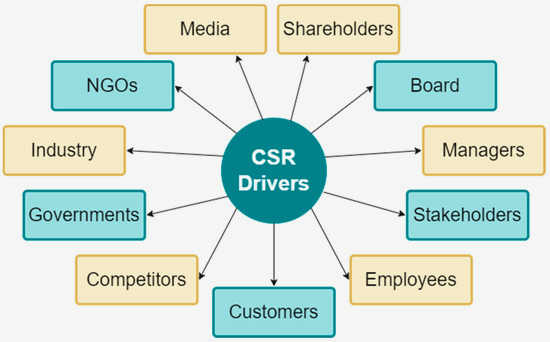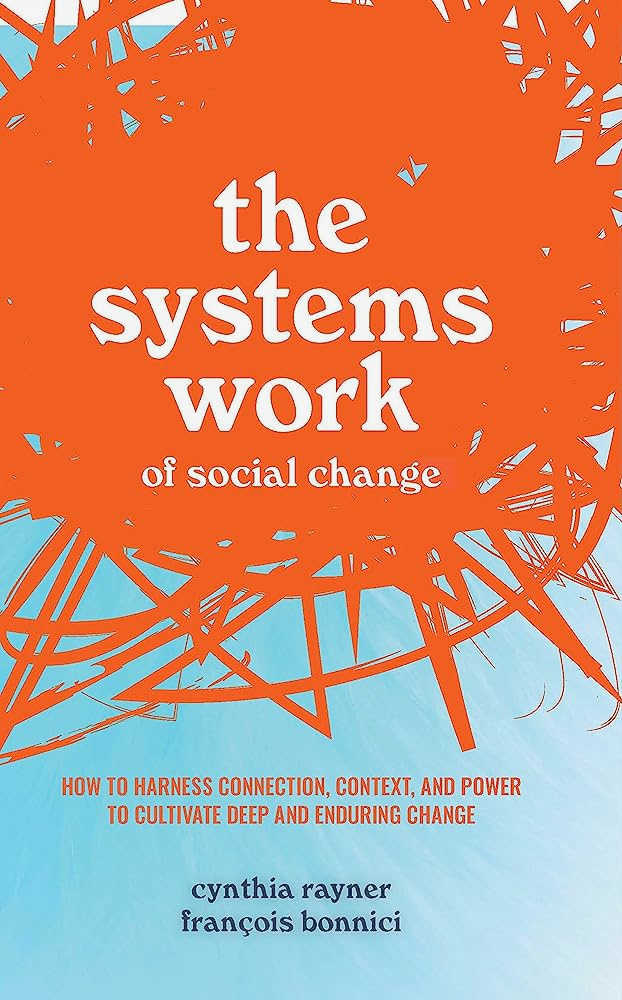Social justice is a powerful concept that seeks to address ongoing issues of inequality and discrimination. While governments and institutions play a crucial role in promoting social justice, it is often civil society that drives lasting change in this field. Civil society, which includes non-governmental organizations, community groups, and grassroots movements, acts as a catalyst for social justice initiatives by advocating for marginalized communities, implementing programs, and fostering dialogue.
One of the key roles of civil society in driving social justice initiatives is its ability to advocate for marginalized communities. Civil society organizations have the unique ability to voice the concerns and demands of those who are often excluded or overlooked by mainstream institutions. Through campaigns, lobbying, and public awareness efforts, civil society brings attention to the issues faced by marginalized groups and works to change societal norms and policies that perpetuate inequality.
In addition to advocacy, civil society also plays a crucial role in implementing programs and initiatives that address social justice issues. These organizations often have a deep understanding of the needs and challenges faced by marginalized communities, and they develop targeted interventions to address these issues. Whether it’s providing education and job training to underserved populations, offering legal aid to marginalized groups, or supporting community-led initiatives, civil society organizations are at the forefront of implementing solutions that bring about lasting change.
Furthermore, civil society fosters dialogue and collaboration among different stakeholders, including marginalized communities, government agencies, and other institutions. By creating spaces for dialogue and engagement, civil society organizations encourage mutual understanding and collective problem-solving. This collaborative approach helps in breaking down barriers, building trust, and finding sustainable solutions to complex social justice issues.
In conclusion, civil society plays a vital role in driving social justice initiatives by advocating for marginalized communities, implementing targeted programs, and fostering dialogue and collaboration. Its ability to bring attention to the issues faced by marginalized groups, develop innovative solutions, and create spaces for dialogue makes civil society a powerful force for change. By supporting and empowering civil society, we can create lasting and meaningful change in our societies.
The Power of Advocacy Organizations
Advocating for Change
Advocacy organizations play a crucial role in driving social justice initiatives and creating lasting change. These organizations are dedicated to advocating for the rights and needs of marginalized communities, and they use a variety of strategies and tactics to bring about change. Through their work, advocacy organizations raise awareness about important issues, mobilize community members, and influence policy makers and decision makers.
Alliances and Coalitions
Advocacy organizations understand the power of collaboration, and they often form alliances and coalitions with other organizations that share their goals and values. By working together, these organizations are able to pool their resources, expertise, and networks to magnify their impact. Through alliances and coalitions, advocacy organizations can achieve greater visibility, influence, and support for their cause.
Policy and Legislative Advocacy
One of the most powerful tools of advocacy organizations is their ability to engage in policy and legislative advocacy. They closely monitor policy developments, propose reforms, and lobby for changes that align with their mission and goals. These organizations may meet with legislators, write position papers, organize advocacy campaigns, and mobilize grassroots support to push for policy changes that address systemic inequalities and injustices.
Public Awareness Campaigns
Advocacy organizations are skilled at raising public awareness about social justice issues. They use a variety of methods to educate the public, including media campaigns, social media outreach, public events, and educational materials. Through these efforts, advocacy organizations not only inform the public about the challenges and injustices faced by marginalized communities, but also inspire individuals to take action and support their cause.
Building Bridges and Fostering Dialogue
Advocacy organizations recognize the importance of building bridges and fostering dialogue between different stakeholders. They strive to create spaces for meaningful conversations and collaborations, bringing together community members, policy makers, experts, and affected individuals. By facilitating dialogue, these organizations can promote understanding, empathy, and collective action towards social justice.
Guiding and Empowering Communities
Advocacy organizations serve as guides and mentors for marginalized communities, providing them with the knowledge, tools, and resources they need to advocate for themselves. They empower individuals to speak up, engage in activism, and demand their rights. Through their efforts, advocacy organizations not only drive immediate change, but also cultivate a sense of community and resilience within marginalized groups.
In conclusion, advocacy organizations possess immense power in driving social justice initiatives. Through their advocacy work, collaborations, policy influence, public awareness campaigns, bridge building, and community empowerment, these organizations create lasting change by addressing systemic inequalities and promoting a more just and equitable society.
Promoting Equality and Inclusivity
In order to create a more equitable society, it is essential to promote equality and inclusivity in all aspects of life. Civil society plays a crucial role in driving social justice initiatives that aim to eliminate discrimination and ensure equal opportunities for all individuals, regardless of their race, gender, age, or background.
One way civil society promotes equality is by advocating for the implementation of inclusive policies and legislation. This includes pushing for laws that protect against discrimination and promote equal rights, such as laws that prohibit employment discrimination or ensure equal access to education and healthcare.
Additionally, civil society organizations work to raise awareness about the importance of inclusivity and challenge societal norms that perpetuate inequality. They engage in public dialogue, organize educational campaigns, and leverage various communication platforms to shed light on the experiences and struggles of marginalized groups, empowering them to speak up and demand equality.
Civil society also plays a vital role in providing support and resources to marginalized communities. They often establish community centers, shelters, and organizations that specifically cater to the needs of marginalized individuals, offering services such as job training, counseling, and legal aid. This ensures that those who have been historically oppressed or marginalized have access to the necessary resources to thrive and succeed.
Overall, promoting equality and inclusivity requires the collective effort of civil society, governments, and individuals. By working together to challenge systemic discrimination, advocate for inclusive policies, and provide support to marginalized communities, we can create a society that values and respects the rights of all individuals, regardless of their background.
Community-Based Initiatives for Change
Community-based initiatives play a crucial role in driving social justice and creating lasting change. These initiatives are led by individuals and groups within local communities who come together to address specific social issues and work towards positive solutions.
One common type of community-based initiative is grassroots organizing. This involves individuals and community organizations coming together to collectively advocate for and bring about change in their local area. Grassroots initiatives can take many forms, such as organizing protests, lobbying for policy changes, or implementing community programs. By mobilizing the collective power of local residents, these initiatives can have a significant impact on addressing social injustices.
Another effective community-based initiative is community-led development. This approach empowers local residents to take ownership of their community’s development and drives them to identify and address the specific challenges they face. Community-led development often involves creating forums or platforms for discussion and collaboration, where community members can collectively determine their needs and come up with strategies to address them. This bottom-up approach ensures that solutions are tailored to the specific context of the community and are more likely to be sustainable in the long term.
Collaboration is also key to successful community-based initiatives. By bringing together various stakeholders, such as local residents, community organizations, government agencies, and businesses, these initiatives can harness a diverse range of expertise, resources, and perspectives. This collaborative approach allows for more comprehensive and holistic solutions, as well as fostering a sense of shared responsibility and ownership among all participants. It also helps to build networks and strengthen relationships within the community, which can be valuable for future initiatives and continue to drive social change.
In conclusion, community-based initiatives are important drivers of social justice and lasting change. By harnessing the collective power of local residents, empowering communities to address their specific challenges, and fostering collaboration among various stakeholders, these initiatives have the potential to create meaningful and sustainable impact. By supporting and investing in community-based initiatives, societies can work towards a more just and equitable future for all.
Addressing Systemic Injustices
Systemic injustices refer to deep-rooted inequalities and unfairness that are embedded within social, economic, and political systems. These injustices often persist over time and affect marginalized communities, perpetuating cycles of poverty, discrimination, and exclusion.
To address systemic injustices effectively, civil society plays a crucial role in advocating for changes at both the macro and micro levels. At the macro level, civil society organizations engage in policy advocacy, pushing for legislative reforms that dismantle discriminatory structures and institutions. They work to influence government policies and systems to ensure equal rights, opportunities, and access for all individuals, regardless of their background or identity.
In addition to advocacy work, civil society organizations also focus on grassroots initiatives to address systemic injustices. They work directly with communities affected by these injustices, empowering them to voice their concerns and demand change. By mobilizing affected individuals and communities, civil society organizations can create public awareness and social movements that challenge and disrupt inequitable systems.
One effective way civil society addresses systemic injustices is by fostering collaboration and building networks. By bringing together different stakeholders, such as activists, community leaders, and policymakers, civil society organizations can amplify their impact and drive collective action. Through these collaborations, they can develop comprehensive strategies and initiatives that address the root causes of systemic injustices and ensure sustainable change.
Furthermore, civil society organizations often provide direct services and support to individuals affected by systemic injustices. They offer resources, education, and skill-building opportunities to empower individuals and help them navigate oppressive systems. By providing these services, civil society organizations contribute to both short-term relief and long-term solutions, working towards a more equitable and just society.
In conclusion, addressing systemic injustices requires the collective effort of civil society organizations. Through policy advocacy, grassroots initiatives, collaboration, and direct support, civil society can challenge and dismantle discriminatory systems, creating lasting change and driving social justice initiatives.
Building Partnerships for Social Impact
Collaboration and partnership are crucial for driving social impact and creating lasting change in civil society. By working together, organizations and individuals can leverage their resources, expertise, and networks to tackle complex social issues more effectively.

Aligning Missions and Values: Building partnerships starts with identifying organizations that share similar missions and values. When organizations have a shared goal, they can collaborate more seamlessly and leverage their expertise to achieve greater impact. Partnerships with aligned missions and values help ensure that all parties are working towards a common purpose.
Pooling Resources and Expertise: Partnerships allow organizations to pool their resources, both financial and non-financial, to accomplish more than they could individually. This can include sharing infrastructure, knowledge, skills, and networks. By combining their resources and expertise, organizations can implement larger-scale projects and initiatives that have a greater social impact.
Engaging Diverse Perspectives: Partnerships enable organizations to engage diverse perspectives and voices, which is crucial for creating inclusive and equitable social change. By collaborating with organizations and individuals from different backgrounds and communities, partners can bring unique insights and understanding to the table, ensuring that solutions are more comprehensive and sustainable.
Building Trust and Relationships: Successful partnerships require trust and strong relationships between organizations and individuals. This can be built through open and transparent communication, mutual respect, and a shared understanding of goals and expectations. Trust and relationships are the foundation for effective collaboration and can help partners navigate challenges and conflicts that may arise.
Measuring Impact and Sharing Results: Partnerships should have clear mechanisms in place for measuring impact and sharing results. This helps demonstrate the effectiveness of the partnership and holds all parties accountable to their shared goals. By sharing results and lessons learned, partners can also contribute to the collective knowledge base and inform future social justice initiatives.
By building partnerships for social impact, civil society can maximize its efforts and achieve greater and more sustainable change. Collaboration, resource pooling, diverse perspectives, trust, and impact measurement are key elements for successful partnerships in driving social justice initiatives.
Empowering Marginalized Communities
Marginalized communities face various challenges and inequities, including limited access to resources, discrimination, and social exclusion. However, civil society organizations play a crucial role in empowering and uplifting these communities, helping them overcome these obstacles and achieve social justice.
One way civil society drives change is by advocating for the rights of marginalized communities. They raise awareness about their struggles and mobilize support, creating a platform for their voices to be heard. Through campaigns, protests, and lobbying efforts, these organizations bring attention to the issues faced by marginalized groups and push for policy changes that address their needs.
Civil society also fosters empowerment within marginalized communities through capacity-building programs. These programs provide skills training, education, and mentorship opportunities to individuals from marginalized backgrounds. By equipping them with the necessary tools and knowledge, civil society enables these communities to become self-sufficient and take control of their own development.
Furthermore, civil society organizations work towards creating inclusive spaces where marginalized communities can come together, share experiences, and create social networks. This promotes solidarity and unity among individuals who have faced similar challenges, helping them find a collective voice and strength in numbers. These spaces also provide a platform for dialogue and collaboration, enabling the co-creation of solutions that address the unique needs of different marginalized groups.
In conclusion, civil society plays a vital role in empowering marginalized communities by advocating for their rights, providing access to education and skills training, and creating inclusive spaces for dialogue and collaboration. Through these efforts, civil society organizations drive lasting change and help ensure social justice for all.
Raising Awareness on Social Issues
Raising awareness on social issues is a vital step towards creating lasting change in society. It involves educating individuals and communities about the importance and impact of various social issues, such as inequality, discrimination, poverty, and environmental degradation.
One way to raise awareness on social issues is through educational campaigns. These campaigns aim to inform and educate the public about specific social issues, providing them with the necessary knowledge to understand the root causes, consequences, and potential solutions. Educational campaigns can take various forms, including workshops, seminars, online courses, and informational resources.
Another effective method for raising awareness is through the use of storytelling. Stories have a unique power to engage audiences on an emotional level and inspire empathy, which is crucial in promoting social justice initiatives. By sharing personal narratives and stories of marginalized individuals or communities, we can foster understanding, challenge stereotypes, and encourage action.
Celebrity endorsements and influencers can also play a significant role in raising awareness on social issues. Through their influential platforms, celebrities and social media personalities have the ability to reach a large audience and amplify important messages. By partnering with organizations and lending their voice to social justice initiatives, they can help bring attention to key issues and engage their followers in discussions and actions.
In addition, creating partnerships and collaborations with civil society organizations and grassroots movements is crucial for raising awareness on social issues. These organizations often have a deep understanding of the issues at hand and are connected to the communities affected by them. By working together, they can leverage their collective resources and expertise to reach a wider audience, organize events, and implement effective advocacy campaigns.
Lastly, utilizing various media platforms, such as social media, traditional media, and online platforms, is essential for raising awareness on social issues. These platforms allow for the dissemination of information and the amplification of voices that may otherwise go unheard. Through engaging visuals, thought-provoking articles, and interactive content, social issues can be brought to the forefront and spark conversations and actions.
In conclusion, raising awareness on social issues is a multi-faceted process that requires collaboration, creativity, and a variety of approaches. By utilizing educational campaigns, storytelling, celebrity endorsements, partnerships with civil society organizations, and diverse media platforms, we can effectively raise awareness, drive social change, and work towards a more just and equitable society.
Policy Advocacy for Change
Policies play a crucial role in shaping the social justice landscape of a society. Policy advocacy is the process of promoting and influencing the development, implementation, and evaluation of public policies to address social justice issues.
Understanding the issue: Policy advocacy begins with a deep understanding of the social justice issue at hand. Advocates research and analyze the problem, its root causes, and its impact on marginalized communities.
Identifying key stakeholders:
Policymakers, government officials, community leaders, and civil society organizations are key stakeholders in policy advocacy. Identifying these stakeholders helps advocates determine who they need to engage with and influence to achieve change.
Evidence-based arguments:
Advocacy efforts are strengthened by evidence-based arguments. By gathering data, conducting research, and using testimonials, advocates can build a compelling case for policy change. This evidence helps demonstrate the need for action and the potential impact on affected communities.
Crafting messages:
Effective policy advocacy requires crafting clear, concise, and compelling messages. Advocates use various communication tools, such as social media, public campaigns, and lobbying, to raise awareness and mobilize support for their cause.
Mobilizing support:
Building a strong coalition of supporters is essential for policy advocacy. Advocates engage with community members, organizations, and individuals affected by the issue to join their efforts. This collective voice amplifies the call for change and increases the pressure on decision-makers.
Negotiating and influencing:
Policy advocacy often involves negotiations and influencing decision-makers. Advocates use their evidence-based arguments, public support, and strategic partnerships to push for policy reforms. This may include lobbying, meeting with policymakers, submitting policy proposals, and participating in public hearings or consultations.
Monitoring and evaluating: Once policies are implemented, advocates continue to monitor and evaluate their impact. This helps to identify areas of success and areas that require further action or adjustments.
Policy advocacy plays a vital role in driving social justice initiatives by influencing the development and implementation of policies that address systemic issues. Through research, evidence-based arguments, strategic messaging, and mobilizing support, advocates can create lasting change and promote a more equitable society.

Engaging Youth in Social Justice
Engaging youth in social justice initiatives is essential for creating lasting change in communities. Young people bring fresh perspectives, energy, and passion to the table, making them powerful agents of social transformation.
Educational initiatives: Schools and universities can play a crucial role in engaging youth in social justice by incorporating relevant topics into their curriculum. By teaching subjects such as human rights, inequality, and activism, educational institutions can empower young people to become informed and active contributors to social change.
Youth-led organizations: Creating dedicated organizations run by and for young people can provide them with a platform to address social justice issues. These organizations can offer workshops, training sessions, and networking opportunities that allow youth to develop the skills and knowledge needed to tackle societal injustices.
Collaboration with existing movements: Engaging youth in social justice initiatives can be done by partnering with established grassroots movements. By working alongside experienced activists, young people can learn from their expertise and contribute their unique perspectives and skills.
Online platforms: The use of digital technology and social media can be an effective way to engage youth in social justice. Creating online platforms where young people can share their ideas, stories, and initiatives can foster a sense of community and empower them to take collective action for social change.
Community outreach: Engaging youth in social justice can involve reaching out to local communities and involving them in various initiatives. This can include organizing awareness campaigns, volunteering opportunities, or community-led projects that address specific social justice issues.
Recognition and support: It is important to recognize and appreciate the efforts of young people engaged in social justice initiatives. By acknowledging their contributions and providing them with support, whether through mentorship, resources, or funding, we can motivate and empower them to continue their work for a more just and equitable society.
Impacting policy and legislation: Engaging youth in social justice initiatives can also involve advocating for policy and legislative changes that address systemic injustices. By participating in grassroots movements, lobbying, and raising awareness about relevant issues, young people can help shape policies that promote social justice.
Creating Lasting Change through Education
Education plays a crucial role in creating lasting change and driving social justice initiatives. It has the power to empower individuals, raise awareness, and challenge societal norms and inequalities. Through education, individuals can gain the knowledge, skills, and perspectives needed to understand and address complex social issues.
One way education drives lasting change is by promoting critical thinking and fostering a sense of social responsibility. By encouraging students to question existing systems and structures, education can challenge discriminatory practices and promote inclusivity and equality. Education also provides a platform for marginalized communities to share their stories and experiences, amplifying their voices and advocating for change.

Furthermore, education equips individuals with the tools and resources needed to address social justice issues in their communities. It can provide training on advocacy, community organizing, and effective communication, empowering individuals to take action and drive meaningful change. By instilling a sense of agency and a belief in the power of collective action, education can inspire future leaders and change-makers.
Creating lasting change through education also requires addressing systemic barriers and inequalities within educational systems. It is essential to ensure equal access to quality education for all individuals, regardless of their background or socio-economic status. This includes addressing issues such as educational resource disparities, discrimination, and exclusion.

In conclusion, education has a transformative potential in creating lasting change and driving social justice initiatives. By promoting critical thinking, fostering social responsibility, and equipping individuals with the necessary tools and resources, education can empower individuals to challenge existing norms, address inequalities, and build more inclusive and just societies.





